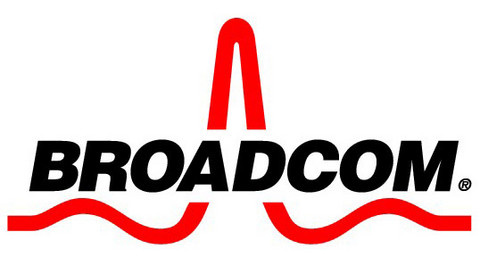
Longtime Apple supplier Broadcom today announced that it has signed two multi-year deals with Apple that cover a "range of specified high-performance wireless components and modules" that Apple will use in its products.
According to Broadcom, these new agreements are in addition to a prior agreement it established with Apple in June 2019 for RF components and modules. The new agreements will last for three and a half years beginning in January 2020.

Broadcom says that the two new deals combined with its existing 2019 deal could generate aggregate total future revenue of approximately $15 billion.
As pointed out by Bloomberg, Broadcom's announcement allows potential purchasers to know that they're getting an established business relationship with Apple. Broadcom has been exploring a sale of its radio frequency chip unit since last year.
Article Link: Broadcom Inks Multi-Year Supply Deals With Apple to Provide Wireless Components and Modules

